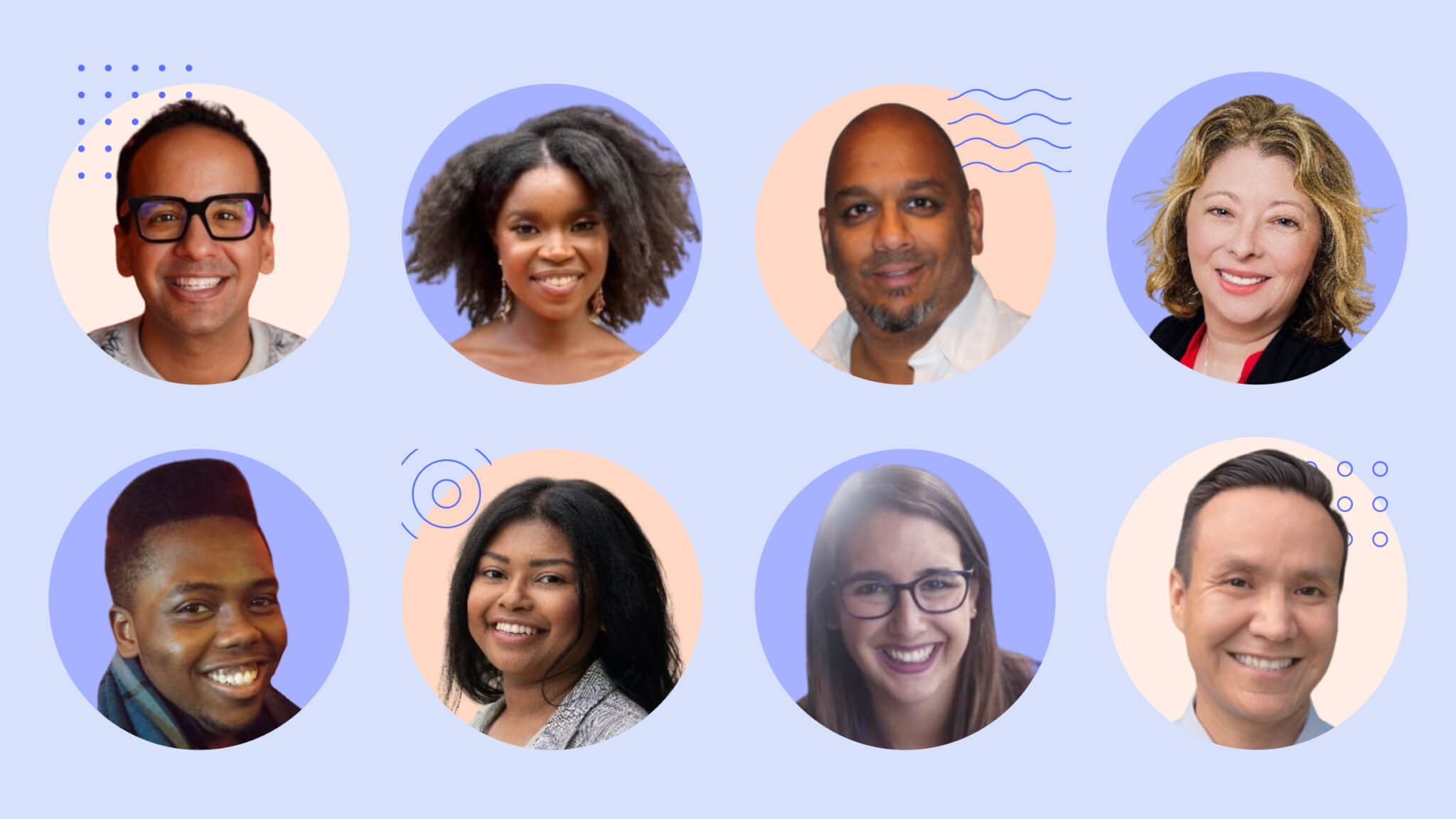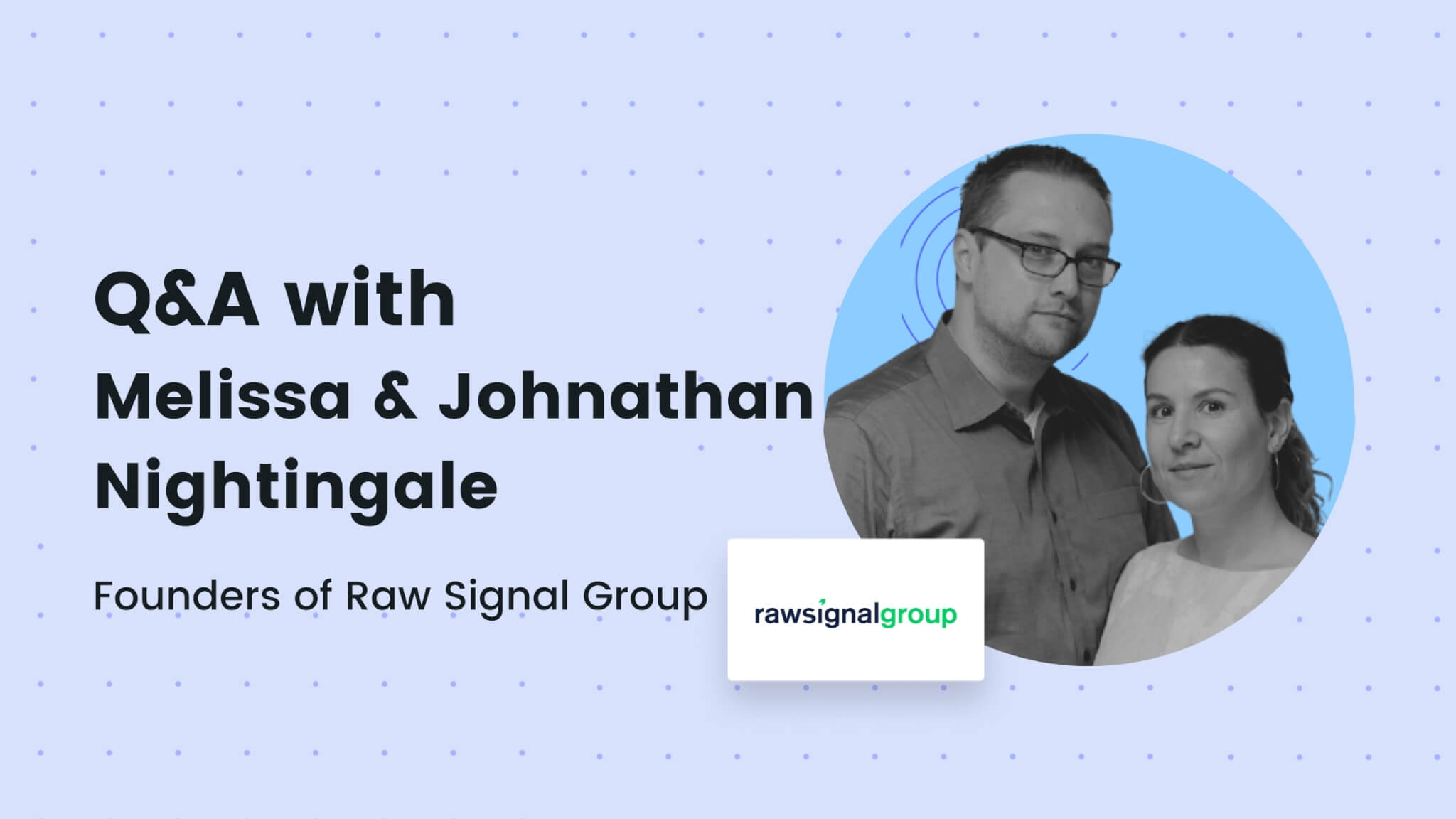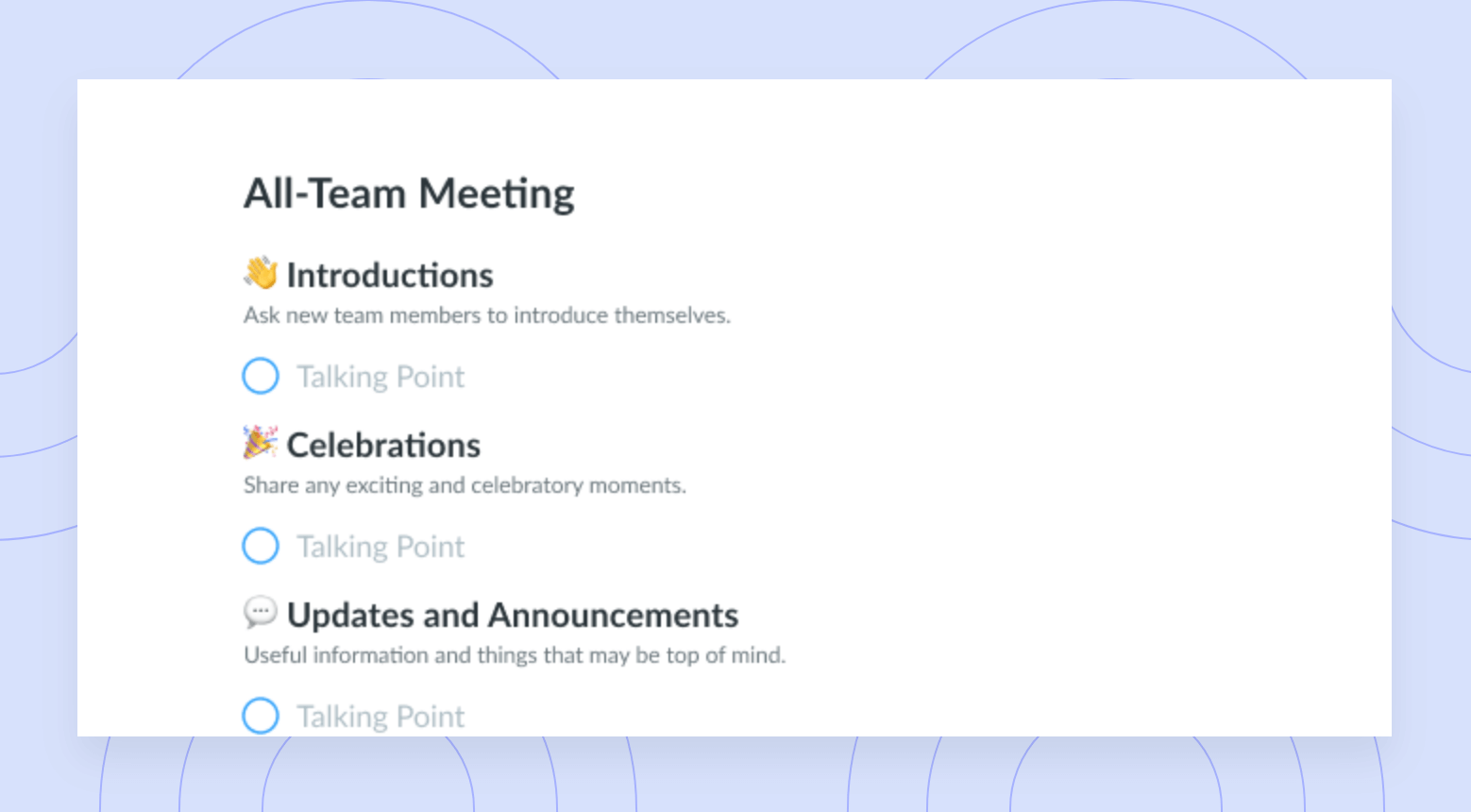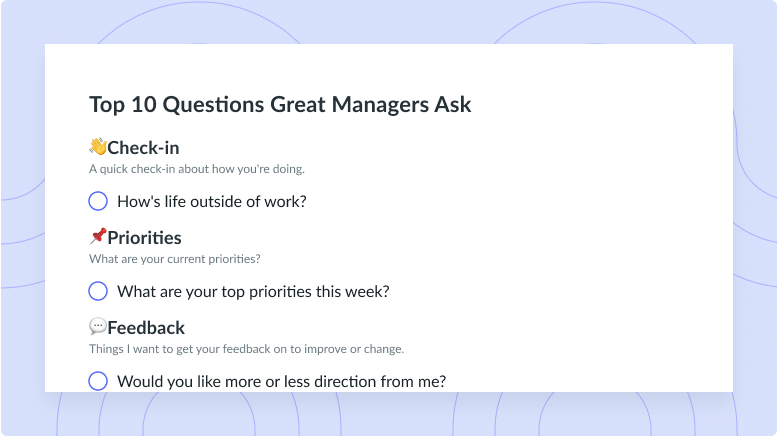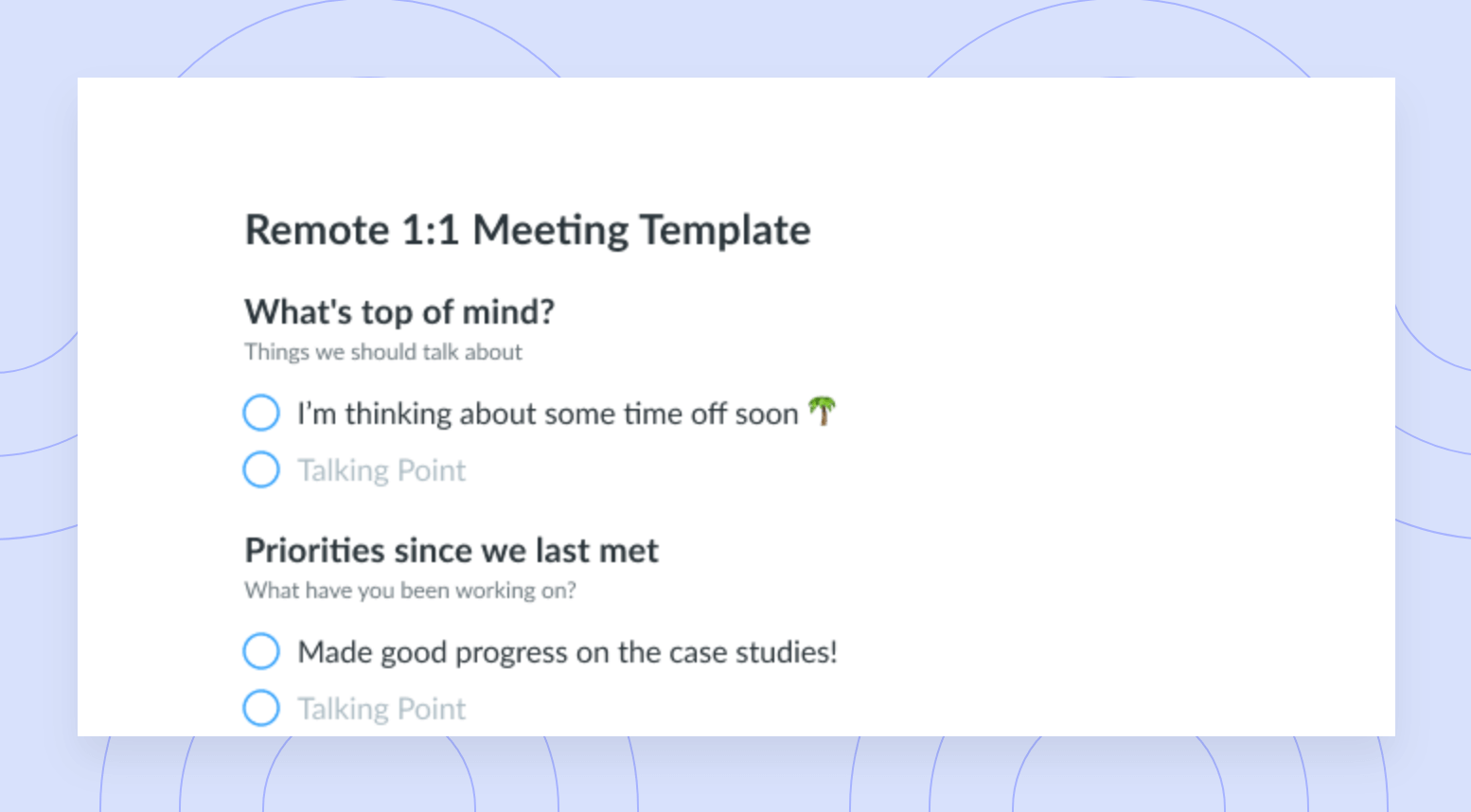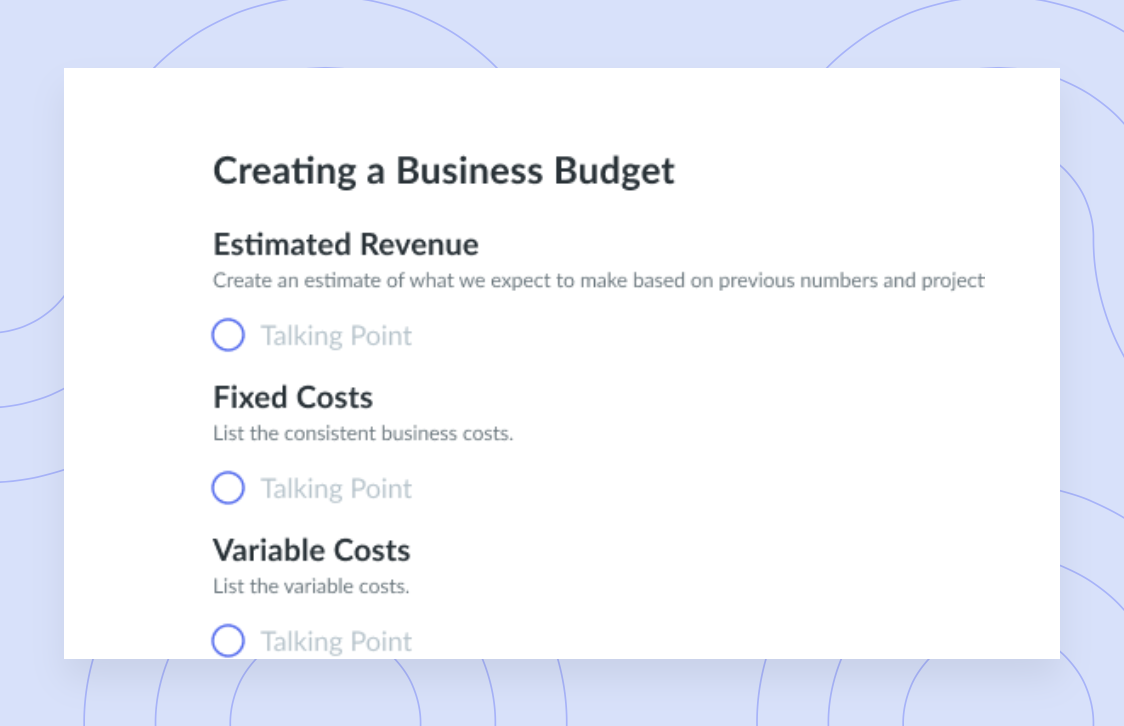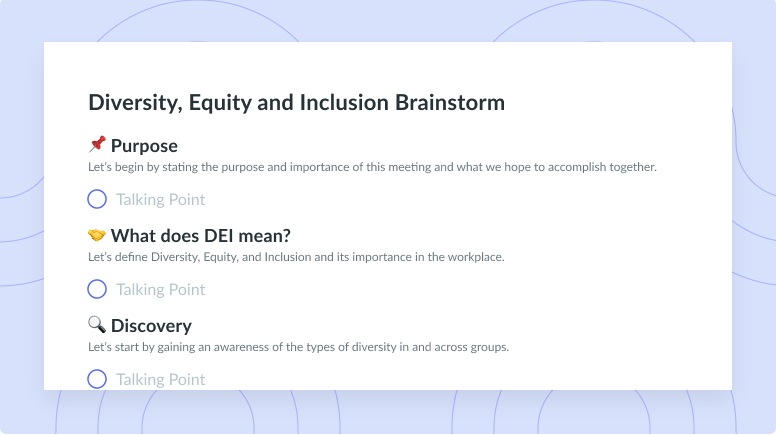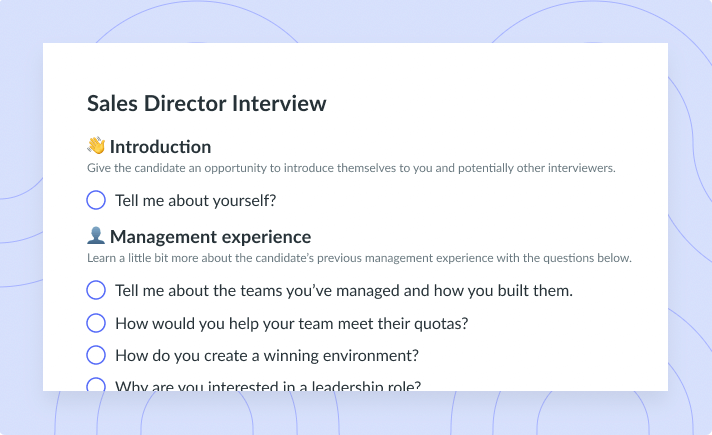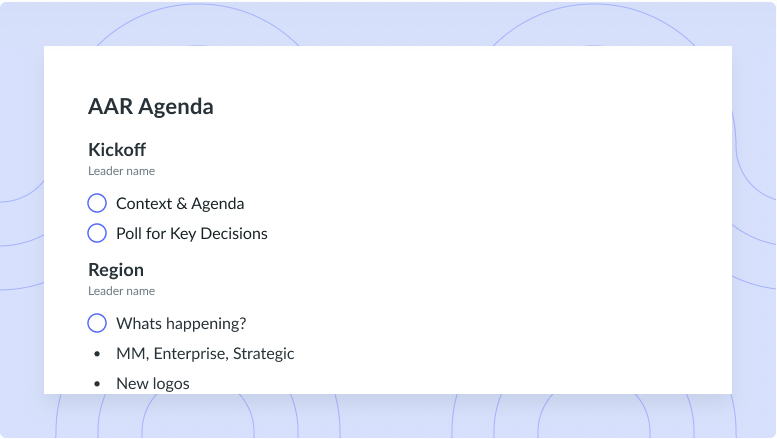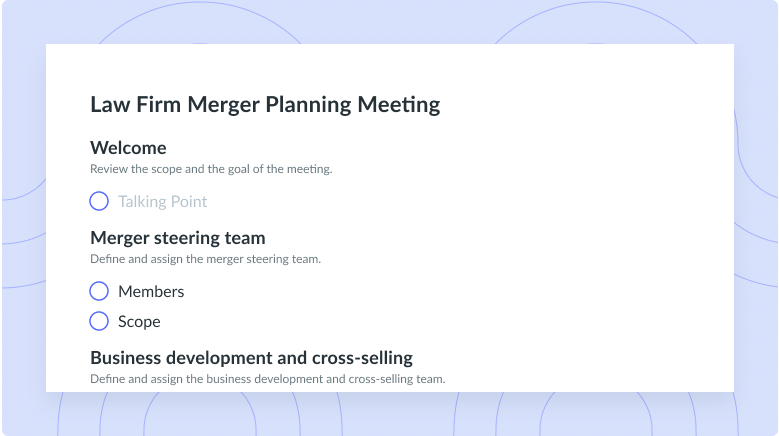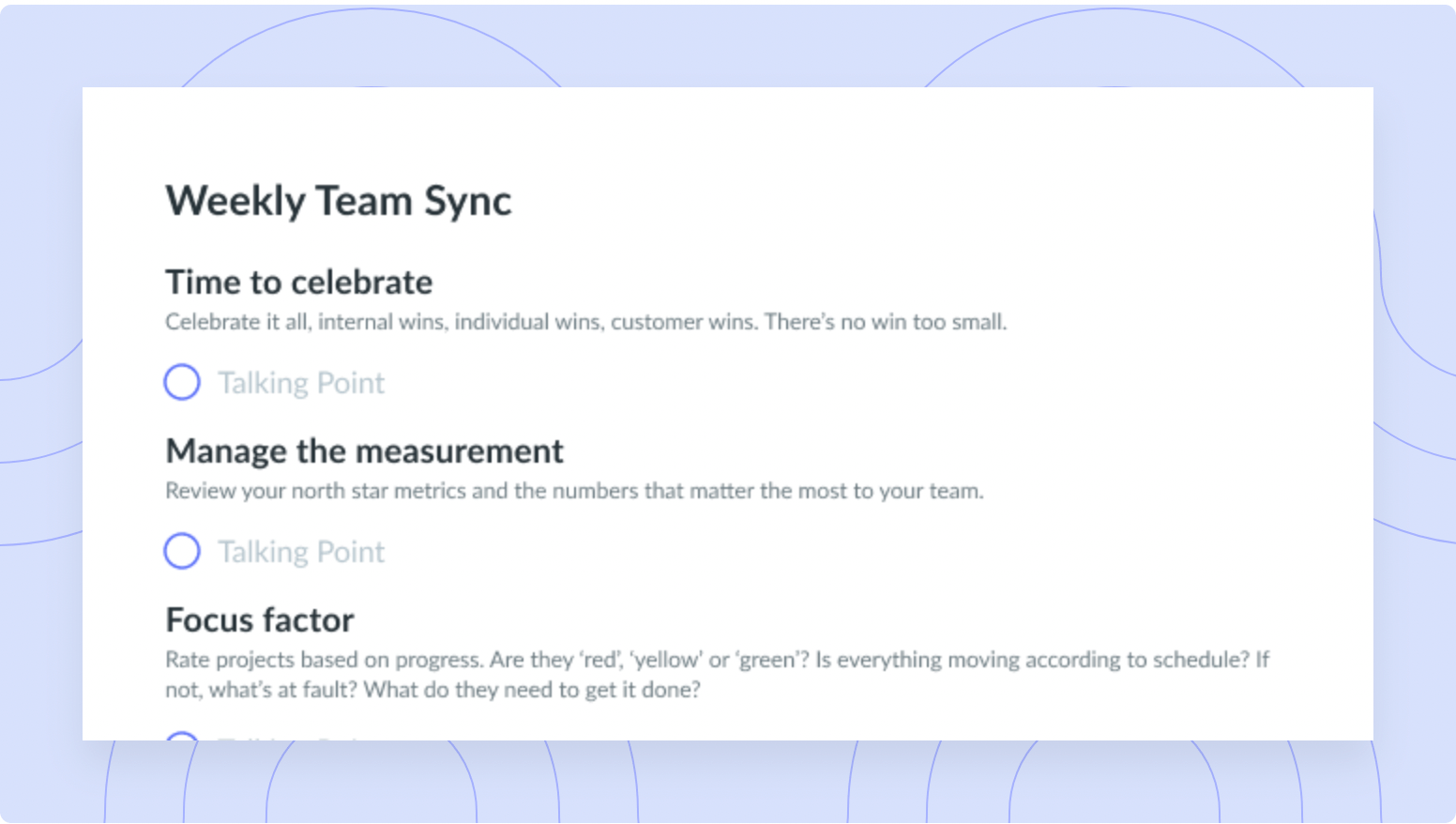Melinda Epler: Promoting Allyship and Cultivating Inclusion
Learn how to navigate uncomfortable conversations to create a more inclusive, equal workspace.
Melinda has over 25 years of experience developing business innovation and inclusion strategies for startups, Fortune 500 companies and global NGOs. Since launching the Change Catalyst, Melinda has worked with over 340 community partners for 50 different tech companies where her work has been featured in Bloomberg, Forbes, Black Enterprise, The Times, and many more notable publications.
Listen to this episode (or read the transcript below) to learn how Melinda defines the concept of allyship and what it means to be an excellent ally in the workplace.
1 Who was your favorite or most memorable boss?
One very memorable boss was the boss I had when I worked on my first film in Austin. Her name was Catherine Hardwicks and she actually directed Twilight and some other big movies, and she gave me my first big break.
I was living in Austin at the time and had friends that were working on the film, and they gave me the production address and I literally showed up with my resume in hand. The attendant at the front desk told me where to go and I ended up in the production design office and Catherine wasn’t there at the time, but Steve Carpenter was the Prop Master and he put my resume on her desk where he knew she would find it and I got a call two weeks later with a full-time unpaid internship opportunity. I ended up saying no because I had bills to pay but luckily, she ended up calling back a few weeks later with a job opportunity.
She knew I was an up-and-coming artist and gave me an opportunity that allowed me to hone in on my skills and I ended up getting to do a bunch of different things on the show that really built up my experience. She gave me access to a lot of experience that would have taken years to experience elsewhere, and the experience propelled me into tons of other jobs.
2 Has your leadership style evolved over the years?
I started a company in 2008 with a bunch of other founders and it wasn’t a great time to start a company because of the recession. One of my first mistakes was having 8 founders, we started out with two and it just kept growing from there. I think some of the original team had some kind of imposter syndrome, but I’ve learned a lot since then. I’ve learned that I can be a founder and a very effective one at that.
We were running a startup during the recession, and we couldn’t pay anybody, but we were focused on changing the world through community and technology that tells stories. Because we were in an economic downturn at the time, there were a lot of young people that couldn’t get jobs, so we were able to build an incredible team of 25 people that we couldn’t promise a paycheck or pay equity to. I learned a lot from that experience, and I learned a lot about the power of stretch assignments and giving people experience that they could use to propel their careers forward.
3 What does it mean to be an ally in the workplace?
There are a lot of people that are underrepresented in the workplace and traditionally in the tech space anyone over the age of 35 is underrepresented and the same thing can be said for anyone that identifies as LGBTQIA. Allyship is recognizing that there is an unbalance of opportunity in the world and there are inequitable structures and systems and processes that make it harder for some people to get to the same place as other people. You have to understand that allyship is often uncomfortable and you have to take risks and step outside of your comfort zone to make a difference.
4 How do you know if you’re a good ally?
You know your good if people tell you, you’re good. You also know you’re getting somewhere if you’re getting really uncomfortable and taking personal and professional risks to make a difference for somebody else. If you’re not getting uncomfortable, you’re probably not a good ally yet. Unearned privilege is very prominent and unfair, and you have to do your part to make corrections. A lot of being a good ally is recognizing that you may need to unlearn certain behaviours because some things aren’t equitable and need correcting. We need to be able to work on ourselves and relearn and unlearn to be a proper ally.
5 How do companies promote allyship?
If you’re a manager, you have the power to promote people to make sure that they have pay equity and you have the power to assign people to certain projects that might be stretched projects and all of those things can either make or break a career that can really change someone’s trajectory.
If you’re being successful, you should have a diverse group of people going through promotions regularly at the same rate for the same pay. You can change your organization by modeling the behaviour you wish to see, encouraging allyship, and really developing a culture that normalizes it. It’s important to do some training with your team so they better understand the steps that they can take to be a better ally.
6 Why do you think there’s a gender imbalance in the technology industry?
It’s primarily because of privilege. When a company is started by a young white man, that is upper class, they generally have the means to economically create a startup without having to worry about being profitable for the first few years. People also tend to hire people that are like them because we all have networks and people within our networks are generally like us and then we continue to use our networks until suddenly, you’ve built a company where everyone looks the same and has similar backgrounds, experiences, and identities and that’s how it all started.
When you’re starting a company, there’s a certain amount of privilege and discrimination that gets perpetuated from the start and it continues to be reflected in our hiring and promotion processes. When we are hiring in tech, most people are still profiling and looking at the same patterns and if we aren’t inclusive in our hiring process, it continues to perpetuate. If companies don’t start to diversify, we will continue to see this pattern replicate across the industry.
7 What is the best way to initiate a change in behaviour?
Stories help everyone build empathy and compassion and help you understand things in a new light. It’s also extremely important for companies to generate data so they can really identify what’s happening and where improvements need to be made. A major access point is data that is based on economic or financial reasons like high turnover rates.
One of my primary motivations is simply because it’s the right thing to do. It’s not ok to have an inequitable world and it’s not fair or just and I want to change that dynamic and decrease suffering and increase wealth, health, and well-being for folks. It’s all about using behaviour to change strategies and systems over time that fundamentally shift cultures and understand individual behavioural changes and how they work.
8 Can you tell us about your conference and podcast?
I have a podcast called Leading with Empathy and Allyship and it’s a live event series that happens every Tuesday. You can tune in live and there’s a Q&A segment that eventually turns into a podcast. We also have our sixth annual Tech Inclusion Conference and Career Fair coming up where we’ll be discussing diversity, equity, and inclusion. You can go to www.techinclusion.com to learn more about the conference.
